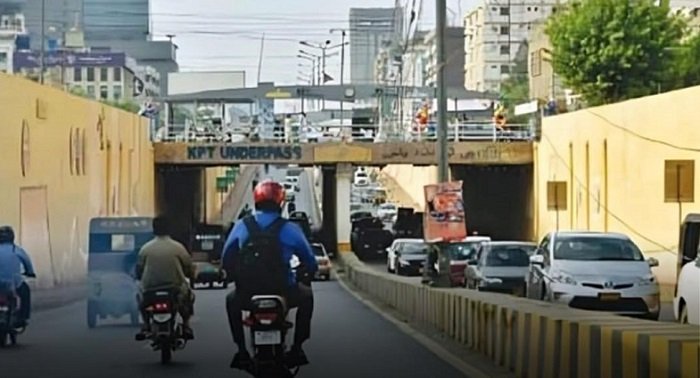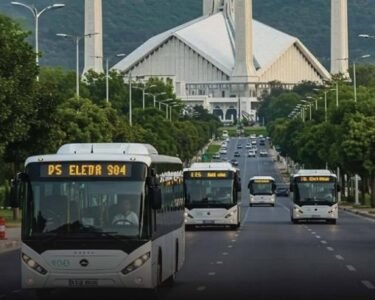Inspector General of Police Sindh, Ghulam Nabi Memon, has announced that the e-challan system for traffic violations in Karachi will officially resume on October 27, marking a major step forward in the city’s digital traffic management efforts.
The initiative is being implemented under the Safe City Program, in collaboration with the Traffic Police Department, and aims to bring transparency and efficiency to Karachi’s traffic enforcement framework.
Transition from Manual to Digital Enforcement
The manual challan process in Karachi had been temporarily suspended after the 10-year contract with the company managing challan machines and fine collections expired on September 30. No new agreement was signed, as authorities decided to transition fully to the digital e-ticketing system instead.
IG Memon clarified that while some test e-challans are currently being generated, they are not being sent to the public. “Even if challans are not issued for a few weeks, it makes no significant difference,” he stated, emphasizing that the new system would soon be operational citywide.
Safe City Integration and Launch Plans
The upcoming e-challan system will be integrated with the Safe City surveillance infrastructure, allowing for automated detection of violations such as over-speeding, red-light jumping, and lane discipline breaches. Each violation captured by traffic cameras will be electronically processed and linked to the vehicle owner’s data.
The relaunch event will be formally inaugurated by Sindh Chief Minister Murad Ali Shah, signaling the government’s renewed commitment to digital governance and traffic discipline.
Citizen Grievance Mechanism and Transparency
To ensure transparency and fairness, IG Memon announced the formation of a complaint committee consisting of an SP, a DSP, and a CPLC representative. This body will handle citizens’ complaints or disputes related to e-challans, ensuring accountability and public trust in the process.
A Step Toward Smarter, Safer Roads
With the e-challan system’s reintroduction, authorities expect a “visible reduction” in traffic violations and improved road safety across Karachi. The Safe City-driven platform aims not only to modernize enforcement but also to promote responsible driving habits through consistent digital monitoring.
The Karachi e-challan system thus represents a pivotal move toward smarter urban mobility — combining technology, transparency, and law enforcement to make the city’s roads safer for everyone.






